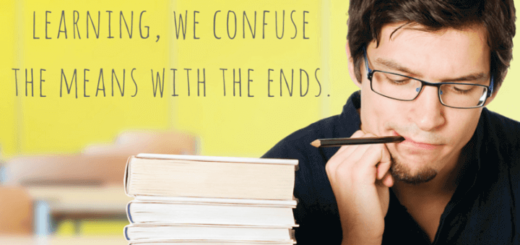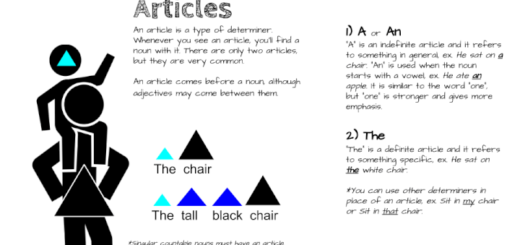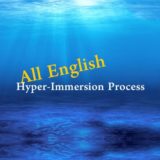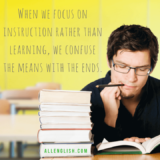Regrets in English

Shoulda, coulda, woulda!
These are the sounds of regret.
- “I shoulda known he’d leave me.”
- “I coulda been a better father, but I always put my job first.”
- “I woulda done better on the test if I studied.”
“Should”, “could” and “would” are verb helpers called “modal auxillary verbs” or just “modals”. There are nine modals
- can
- could
- will
- would
- may
- might
- shall
- should
- must
Most of these modals express the idea of possibilities – things that you wish were true.
These could be future possibilities:
- I can be anything I want.
- I could do that.
- I would like to travel around the world some day.
- I will be rich.
- I might go out on a date this weekend.
Or they could be possibilities that existed in the past:
- I could have been somebody.
- I should have said something while I had the chance.
- “And I would have gotten away with it too, if it weren’t for you meddling kids!”
Notice that the word “have” often follows a modal when talking about the past. When speaking, we push the modal and the word “have” together and it’s written like “should’ve”. The “have” or “ve” becomes an “uh” sound, but if we are writing the spoken word we usually just use an “a”.
- should have = should’ve = shoulda
- could have = could’ve = coulda
- would have = would’ve = woulda
A mistake that even English speakers make is that they think the “ve” sound, which is usually pronounced as “uh”, means “of”. But never say should of, could of, would of. That doesn’t make any sense.
If you take a look at the examples above, you can see that possibilities for the future are usually positive and express hope. Possibilities that existed in the past are often negative and are called regrets.
Something to think about: Not all languages have modals. Do people who speak languages without models feel regret?












